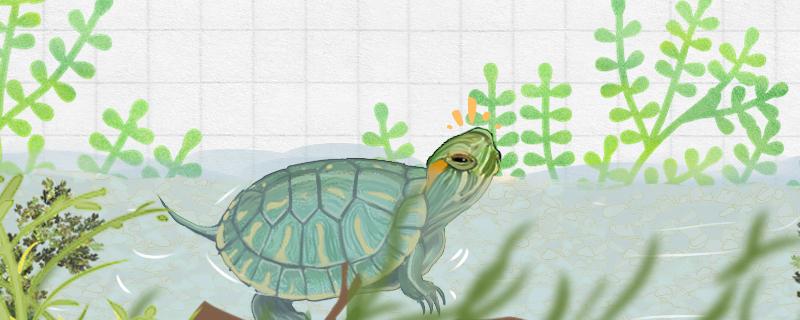 1. How long will Brazilian tortoises lay eggs?
1. How long will Brazilian tortoises lay eggs? Family-raised Brazilian tortoises can lay eggs in 3-5 years, but how long they lay eggs depends on the way they are raised. If it is a Brazilian tortoise that normally goes into hibernation, it usually takes 4-5 years to lay eggs. If it is a Brazilian tortoise raised indoors at constant temperature, it usually takes only about 3 years to mature and lay eggs in about 4 years.
In addition to judging whether Brazilian tortoises can lay eggs by time, breeders can also judge by their weight. Brazilian tortoises raised in the same environment can lay eggs when the male tortoise weighs 300 grams and the female tortoise weighs 500 grams.
2. How long will the Brazilian tortoise change its shell?The Brazilian tortoise usually changes its shell after adulthood, because when they change their shell, it means that they have grown up. However, the time and frequency of their shell change are not fixed, and some Brazilian tortoises change their shells once a year. Some tortoises may only change their shells once every few years. Moreover, they don't change their shells all at once, some will change half of the shells, and some will only change the shells at the edges.
It is normal for Brazilian tortoises to change their shells and not change their shells, so breeders need not worry. Just pay attention to changing water when they change shells to ensure clean water quality, and feed more high-nutrition foods.